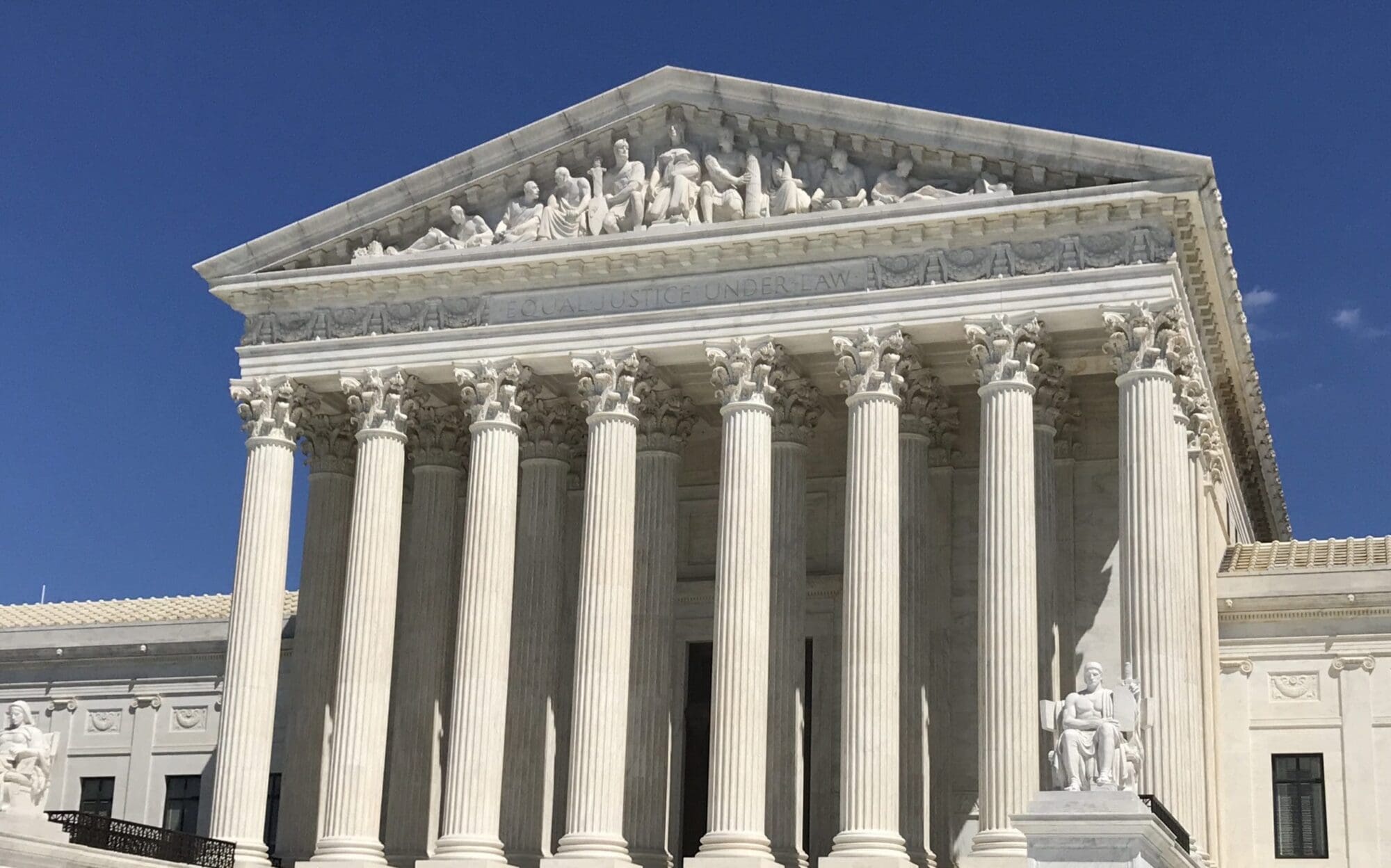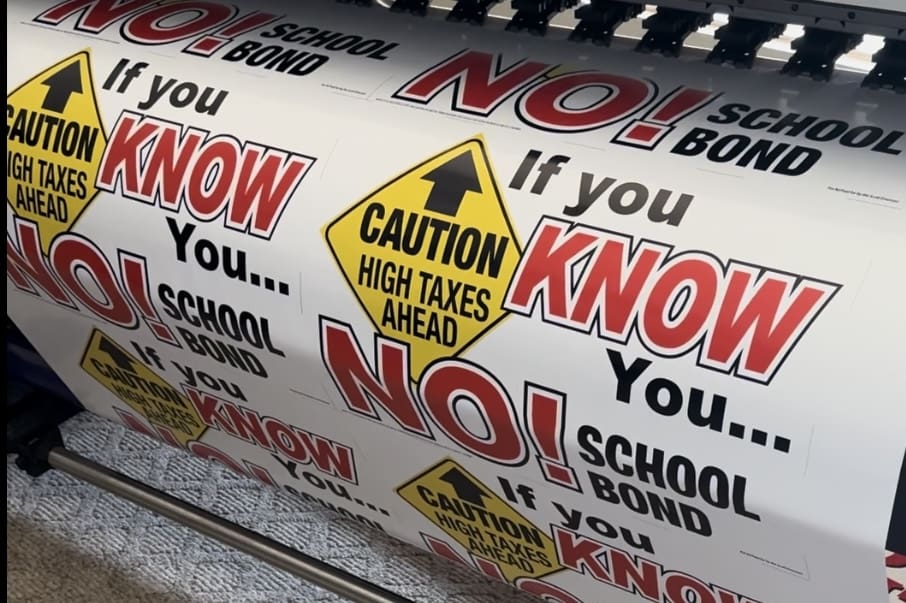A youth development program funded in part by Texas taxpayers is under fire for issuing a workbook to children that pushes Critical Race Theory and other divisive ideologies.
The 4-H program, operated in the state by Texas A&M’s AgriLife Extension Service, is participated in every year by hundreds of thousands of children aged 8-18. Students are expected to complete a range of different activities, from raising livestock to STEM and computer science challenges.
Texas Scorecard obtained a copy of 4-H’s new “Explore Book” series covering “Global Service,” which has since been removed from its website.
The book is divided into a series of lessons. For example, one is titled “Poverty and the Impact on Communities,” and another is titled “Power and Privilege – What Does it Get You?” At the end of every lesson, a small activity or review is provided.
The lesson plan “Power and Privilege” is of particular interest. It shares the same phraseology as that visible in a document from A&M’s College of Education, which also emphasizes “Critical Global Education” and “Cultural and Linguistic Diversity.”
4-H’s lesson on “Power and Privilege” puts white people, heterosexuals, middle-class people, Christians, and even the able-bodied under the category of privileged and powerful. The A&M document contains similar but less specific examples.
“These privileges are all unearned and granted to persons in the dominant group whether they want them or not,” the 4-H lesson read. “Therefore, for many, the privilege is usually ‘invisible’ to those that have it. They may also believe that others could have these same privileges if they only worked hard to earn them.”
An activity at the end of 4-H’s “Power and Privilege” then asks students to create a flower-shaped diagram to help them “identify their individual characteristics and determine whether that characteristic provides an advantage or disadvantage.”
The tail ends of the petals on the diagram include phrases like “male,” “white,” “employed,” and “English as 1st language,” while the inner petals not touching the outside include “female,” “non-white,” “not employed,” and “other language spoken.”
According to Texas 4-H’s 2021–2022 annual report, 76 percent of its 46,633 participants were white at the time. Nearly half of its participants were male, and 53 percent lived in rural areas, farm communities, or small towns.
Ingram resident Terri Hall told Texas Scorecard that she has been involved in Texas 4-H for over a decade. She serves as a manager for the West Kerr Club and volunteers in other projects involving food, nature, and robotics.
Hall, a homeschool mother of 10, said she feared the idea of Texas 4-H leaning into more divisive ideologies like CRT. Her husband, Roger, also volunteers for 4-H.
As longtime 4-H parents, we’re very concerned about this indoctrination of kids to hate themselves, other students, and even their own parents based on immutable characteristics like being white. Our kids are mixed race. Are they supposed to hate their father and see all whites as oppressors? This is way over the line, has no place in a premiere youth development program like 4-H, and we expect Texas 4-H to pushback on such radical ideology, not peddle it.
In a Tuesday letter, U.S. Rep. Chip Roy, a Republican from the Texas Hill Country—the same area where Hall resides—slammed the workbook as “antithetical” to American values and asked Dr. Montza Williams, Texas 4-H’s program director, to take it down.
Sources also briefed Texas Scorecard that the offices of State Sens. Bob Hall (R-Edgewood) and Mayes Middleton (R-Galveston) approached Texas 4-H about the workbook and received interesting responses.
Texas 4-H, according to the sources, insisted to the senators’ offices that the workbook was crafted by the national 4-H organization close to eight years ago.
Page 4 of the workbook clearly features the Texas A&M logo and says it was developed by Dr. Darlene Locke and Ed.D. Charlene Belew. Locke’s profile shows she has only been a part of Texas 4-H since 2018, while an article from 2015 indicates Belew has at least been there since then.
Texas 4-H did eventually decide to remove the workbook from its website after Roy’s letter and Hall and Middleton’s offices reached out. However, it is unclear if any 4-H clubs are still using the lesson plan.
Texas Scorecard contacted Texas A&M’s AgriLife extension for clarification on the matter but has not received a response.
This is not the first time Texas A&M has faced backlash for its curriculum. Texas Scorecard previously covered how taxpayers were funding woke classes promoting antisemitism, LGBT ideology, and other forms of degeneracy.
Scott Yenor, the senior director of state coalitions at the Claremont Institute’s Center for the American Way of Life, explained to Scorecard that Texas A&M’s and 4-H’s turns were unsurprising given the spread of CRT ideology.
“Breaking up groups into ethnic or gender-based groups has become a common tactic in the woke revolution. It happens in schools. It happens in the corporate world. It happens in higher education, and it is no surprise it has happened in 4-H,” said Yenor.
“Once organizations farm out the job of designing programs to ‘experts,’ most of them are probably woke. It is not a new development,” he added.
Lawmakers have passed one measure addressing CRT since the issue started coming into the public eye some years ago.
House Bill 3979, passed during the 87th legislative session in 2021, seeks to limit the theory in school curricula by barring instructors from making courses that teach “one race or sex is inherently superior to another race or sex” or that someone is “inherently racist, sexist, or oppressive” based on their race or sex.
Lawmakers also considered another measure, but tabled it in this most recent session.
Senate Bill 16, pushed by Lt. Gov. Dan Patrick, passed the Senate in April but died in the House Committee on Higher Education. It sought to bar college instructors from compelling students to adopt CRT beliefs.
The Texas 4-H program probably falls outside the scope of both measures and contains choice language that would likely prevent it from being found in violation even if it did fall within the scope.
Texas A&M is a public land-grant research university funded by Texas taxpayers. Just last year, state officials approved a record $1.19 billion to be put towards its university system.
In addition, the university’s annual report showed that donors gave $194.5 million to the Texas A&M Foundation and Texas A&M University during the fiscal year ending June 30, 2023.
Texas A&M is governed by a Board of Regents, appointed by Gov. Greg Abbott and confirmed by the Texas Senate.





